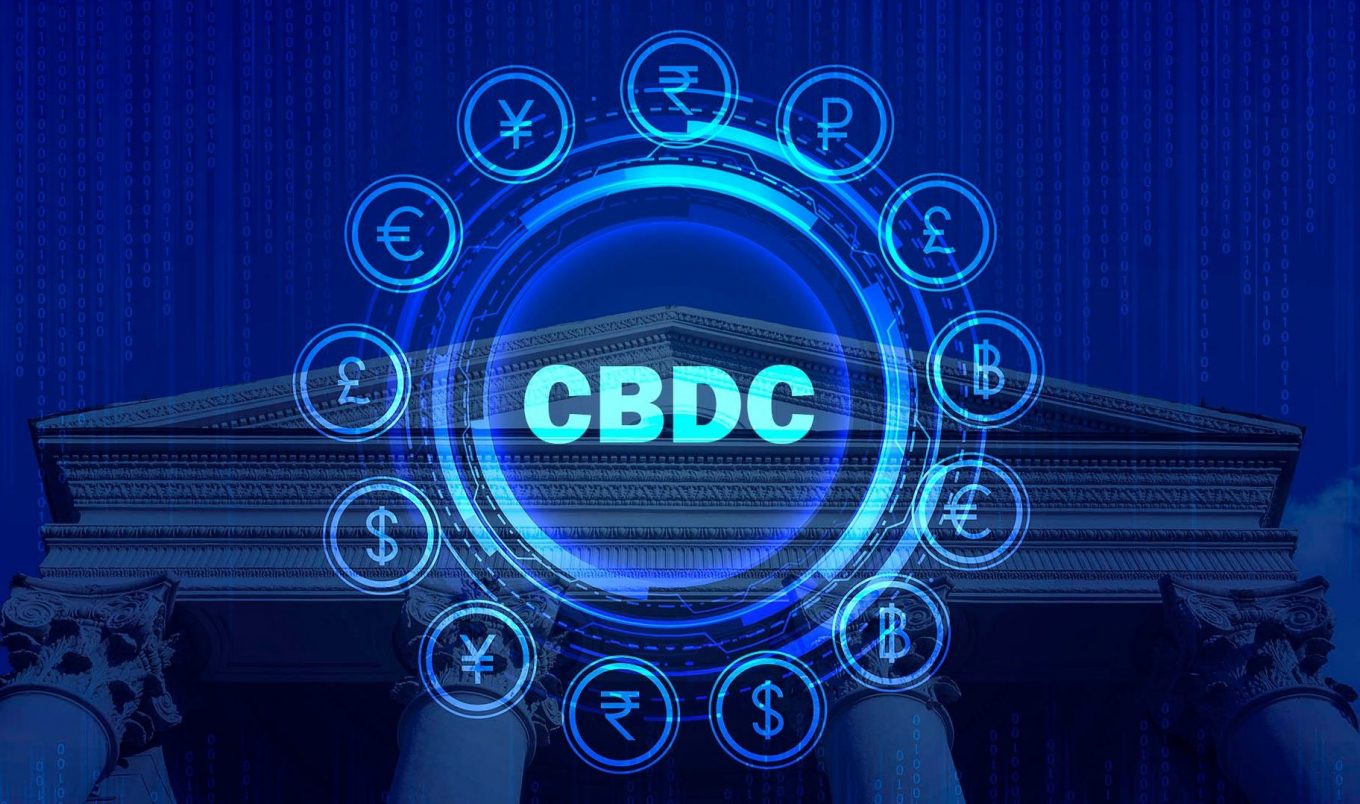
SEBA Bank is among the candidates and the company will show its pilot project on how CBDCs can be distributed and used for cross-border payments to improve the functioning of financial markets
SEBA Bank, a FINMA licenced Swiss Bank providing a seamless, secure and easy-to-use bridge between digital and traditional assets, has announced that they have been selected by Banque de France for experiments with Central Bank Digital Currency (CBDC). Banque de France announced the overview of candidates for their experiment. SEBA Bank said that “is proud to see that Banque de France selected SEBA Bank amongst well-established and well-known international banks for its pilot project on how CBDCs can be distributed and used for cross-border payments to improve the functioning of financial markets.”
The lessons learned from these experiments will constitute a direct contribution to the more global reflection conducted by the Eurosystem on the benefits of a CBDC. These experiments also illustrate Banque de France’s commitment to innovation, which was recently chosen to host, with the Deutsche Bundesbank and the European Central Bank, a new joint innovation center in Europe within the framework of the Innovation Hub of the Bank for International Settlements.
Following the examination of the applications received on 15 May 2020 in response to the call for applications for experiments in interbank settlements launched by the Banque de France, the following eight companies were selected (in alphabetical order):
· Accenture
· Euroclear
· HSBC
· Iznes
· LiquidShare
· ProsperUS
· SEBA Bank
· Société Générale
The experiments proposed by the successful candidates will allow (i) to explore new methods of exchanging financial instruments against central bank money, (ii) to test the regulation in central bank digital money in order to improve the conditions of execution of cross-border payments and (iii) revisit the methods of making central bank money available. In due course Banque de France will start to collaborate with each of the eight candidates in order to carry out the pilot projects over the coming months.
“We at SEBA Bank are very proud of this achievement, and to be selected by Banque de France honors us. It is a proof of concept that our service offering and deep expertise of the industry is of great value and a relevant contribution to develop the eco system of digital currencies and assets.” states Guido Bühler, CEO SEBA Bank.
Read more about Central Bank Digital Currencies
Central Banks and Blockchain Part 1
Central Banks and Blockchain – Part 2
Other Central Bank Digital Currency Use Cases
Experiments with blockchain solutions have been around since 2014, with some central banks from the West more interested in their capabilities and potential disruption of financial services. In that sense, some banks are more advanced in blockchain research than others. That is the case of banks such as Bank of Canada, the Bank of England, and the Monetary Authority of Singapore (MAS), who all have published some in-depth white papers exploring blockchain technology.
The Bank of England was one of the pioneers to explore blockchain as a future solution in a research paper published in 2014 and then in a broader report undertaken by the Government’s Office for Science in 2016. The European Central Bank (ECB) and the Bank of Japan are exploring the capabilities of this DLT. They conducted a joint pilot, Project Stella, beginning in 2016, which focuses on whether the technology can improve domestic interbank payments and settlements and facilitates rapid interbank trading and settlement of securities for cash.
Other banks experimenting with blockchain solutions are: the Central Bank of Brazil, which is exploring DLT for an interbank payments contingency and resiliency system (Project SALT) as well as a decentralized information exchange platform (Project PIER); the German central bank (Deutsche Bundesbank), which is exploring DLT for multiple purposes including for improving efficiency and reducing risk in interbank securities settlement processes with the BLOCKBASTER prototype and other efforts.
Also working on the same line of research is the Saudi Arabian Monetary Authority. This latter is conducting a joint experiment plan called Project Aber with the United Arab Emirates to pilot DLT for interbank payments and settlements between Saudi Arabia and the UAE.

Founder Dinis Guarda
IntelligentHQ Your New Business Network.
IntelligentHQ is a Business network and an expert source for finance, capital markets and intelligence for thousands of global business professionals, startups, and companies.
We exist at the point of intersection between technology, social media, finance and innovation.
IntelligentHQ leverages innovation and scale of social digital technology, analytics, news, and distribution to create an unparalleled, full digital medium and social business networks spectrum.
IntelligentHQ is working hard, to become a trusted, and indispensable source of business news and analytics, within financial services and its associated supply chains and ecosystems




























